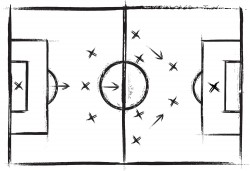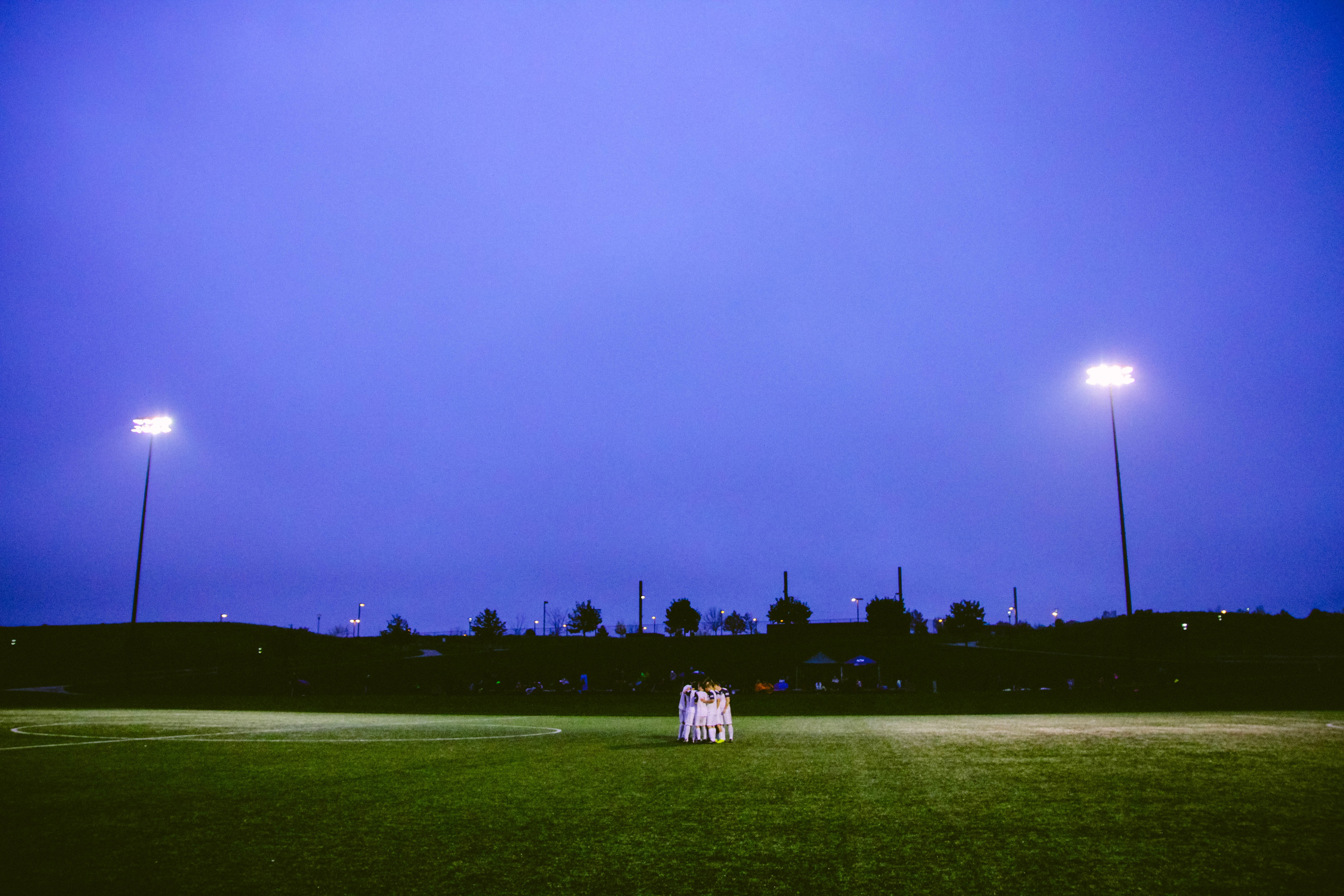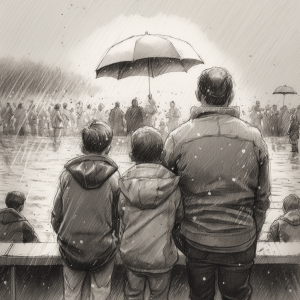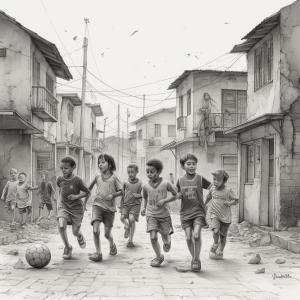 When most people think of coaching…especially great coaching, they probably think of the technical masters, intense personalities and the strong motivators.
When most people think of coaching…especially great coaching, they probably think of the technical masters, intense personalities and the strong motivators.
Although these descriptions are on the money, they tend to describe senior coaches that coach professionals.
What most people tend to forget…
Coaching kids is different then coaching adults…and the gap widens with young kids.
As a coach, you must understand your players…you must show them you care and that you’re there to help them. No cookie cutter solution but personalized care, love and coaching. Kids aren’t interested in your knowledge, playing experience or the amount of trophies you have picking up dust.
They’re interested in themselves and how they feel…and ultimately how you are going to turn them into a star.
A talented prodigy is still a child
Most coaches drool when they see a young, talented player. I’ve fallen victim to this several times. We tend to forget that the talent is still wrapped in a tiny body and mind also known as a child.
We must relate to all children by using vocabulary that they can relate to and understand. We must seek out levels of maturity and intelligence before we even kick a ball otherwise training will become a waste of time.
Just because a child has superstar talent doesn’t necessarily make him a superstar intellect. Using fancy… complex drills you’ve witnessed on the Internet may have the opposite effect. Players will lose interest and become bored. What most coaches tend to forget is that they coach the talent…not the child!
The two cannot be separated…
Forget Age Groups & Coach the Intelligence
I recently started my soccer academy and the training group ranges from 9 year olds…right up to 13’s. Effective training doesn’t look to group age groups, it looks to harness and develop the playing group. Players should be grouped not only by playing ability but also by intelligence and their personal goals.
You can have a 10 year old show more maturity, athletic ability and motivation than a 13 year old and vice versa. Grouping teams by age is only important when you’re driven by results…the win/loss ratio or 3 points during match day. If you’re players have the same level of maturity and intelligence, then age should never be a problem.
It’s fantastic to see a young, short 9 year old twist and turn a 13 old into knots. Just as pleasing is watching a 12 year old use his strength to protect and shield the ball against two 9 year olds.

Comfort & Confidence is at Ground Level
It’s nature…
When coaching kids soccer you tend to be a lot taller than the kids…sometimes 3 times taller. This can be intimidating for the kids.
Never stand over your players. Without any conscious intent, you may be perceived as a threat…a big giant threat.
Although I’m finding it harder and harder these days with old age, I always speak to my younger players on my knees and at their eye level. This eliminates any height intimidation and helps build trust and rapport.
Once trust, rapport and comfort are built around your team you can go back to coaching on your feet.
However…
I enjoy the group huddles and discussions at their level…I find it magical and it shows them I care…even when I struggle to get off my arthritic knees.
So before you yell out instructions…take off your sunglasses and get close to ground level. That’s where you’ll find the comfort and confidence you desperately seek as a coach.
Ask and you shall receive
“The single biggest problem in communication is the illusion that it has taken place” George Shaw
Young children have limited skills when it comes to solving problems. Their thinking and vocabulary may be limited but they definitely can voice their opinions and ideas.
Ask your players what they think…how they feel and irrespective of their age or maturity they will tell you the truth.
Inspiration comes in all shapes and sizes. Practice the art of active listening and you’ll be surprised with some of the treasures that are hidden within young souls.
As a coach, it’s always good to get another perspective. The majority of times its kids stuff and borderline nonsense but I cannot think of a better way to build self-esteem. Always give the kids a voice and watch their confidence levels soar.

Non-Verbal Communications
As coaches we must recognize that our facial expressions, gestures, hand movements, eye contact, posture and tone of voice speak the loudest.
The message a child will receive is divided into three components. The words themselves, the tonality used in delivering those words and the body language produced to deliver the two.
Scientists believe the ratio as follows
55% body language
38% tonality
7% actual words
We tend to think of kids soccer coaching as two elements combined; what is shown and what is said.
But believe me it’s more than just that…have you ever considered how much you’re saying without speaking.
Non-verbal communication is the most important. You can have all the coaching experience and certificates in this world but if you’re players do not feel valued and loved, then all is lost in translation.
“The most important thing in communication is hearing what isn’t said.” Peter F. Drucker
“May the winds of destiny blow you to the stars”



Real nice article to read, and it’s nice to see that some people realise that coaching children is not as simple as it seems.
nice touch with the body language percentages. well done.